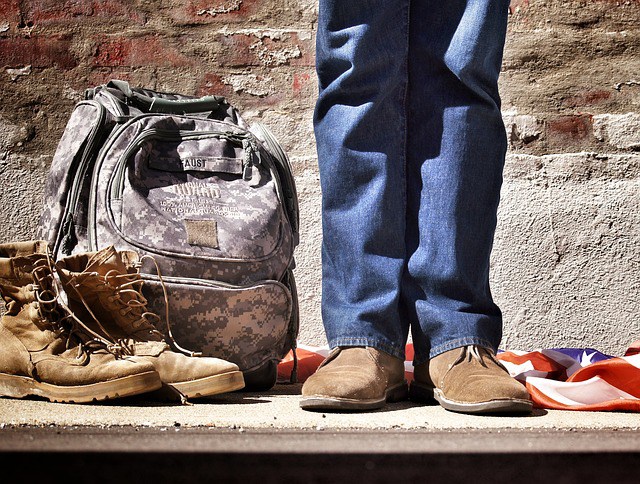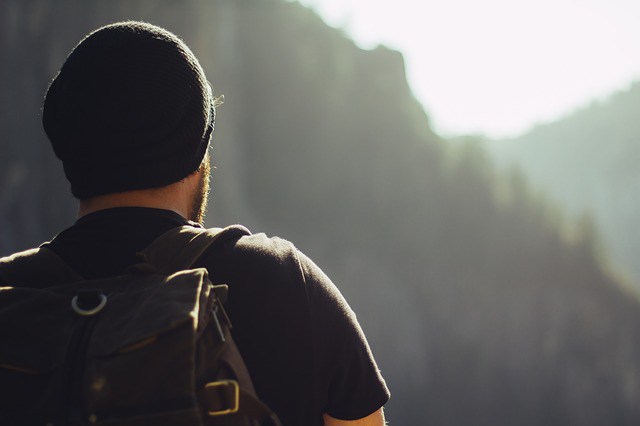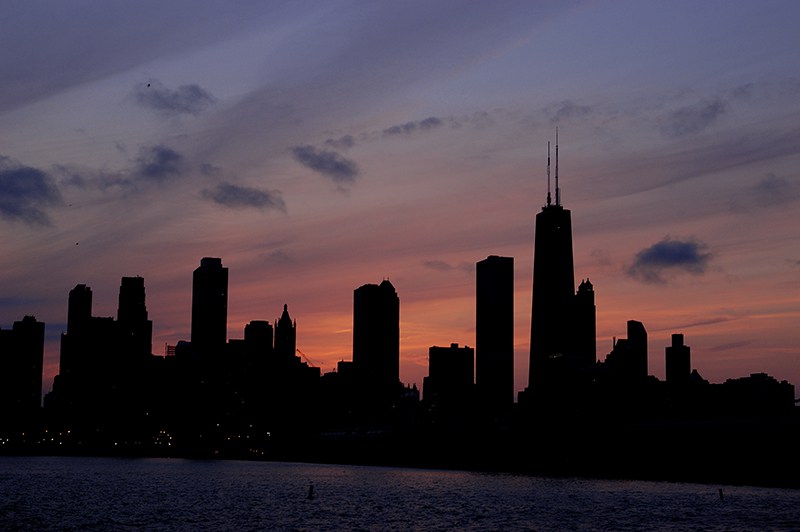
The argument to prep for bugging out or sheltering in place is a big one in prepping circles. Sheltering in place is the most comfortable because it is your home. And it’s the easiest. Why learn to hunt or garden if you have a years’ worth of rations in your basement? While prepping to bug out is smaller, cheaper, and easier to hide from the non-preppers who may criticize you. Some say it all boils down to what you are prepping for – some sort of national emergency, oil crises, natural disaster, mass civil unrest, pandemic, etc. Or where you live – in a city, suburb or rural area. But I always point out an often overlooked threat that immediately follows a true TEOTWAWKI situation – fire. No matter the reason, it doesn’t really matter unless you are always ready to bug out.
A true TEOTWAWKI scenario is when people stay home from work to protect their families. That is when society as we know it stops to function. No cops, firemen, doctors, etc. So no one will be around to put out the fires that occur naturally, accidentally, or intentionally. And that’s a threat whether you’re in a city, town, or in the country. Think your secret hideaway in the woods is safe? Most places in the developed world don’t let natural forest fires grow and clear out the underbrush that builds up. Usually they are put out as soon as they start. So any forest fire post-collapse can build up to be extremely powerful. If you live in the country, grass fires can be intentionally set and it’s no big deal. But if an entire town or a city goes up it can become an unstoppable force. Putting all your eggs in one basket, like being totally dependent on your year’s supply of long-term food, or planting all your heirloom seeds to grow all your food can become useless when an unstoppable fire is approaching to wipe out your crops.
When bugging out you have less to worry about from fires because you are already on the move with your supplies. But where are you bugging out to? Of course not all of us can afford a countryside retreat. If you live in the city with nowhere to bug out to you still have options. For example, I live in a small town but I still have neighbors. And when the SHTF I may find that my castle is now The Alamo surrounded by a mob of people who were not prepared for TEOTWAWKI but know my family was. I can’t afford a secluded getaway. So I keep a list of farmland, woodland, and undeveloped places in the country up for sale. Hopefully no one would notice if they were to suddenly become occupied post-collapse. And if the rightful owners showed up I’ll offer my help as a working hand, or security.
The point is we all should prep with an “Always ready to bug out” mindset. Any shelter in place or country getaway is subject to the threat of fire. And those who bug out usually have a second location to get to, like a cabin with solar power and a shed full of freeze-dried biscuits and gravy. Which is still susceptible to the threat of fire. So I advocate for a simpler and practical approach to prepping. It may save you time and money in the long run.
First off everyone should be able to survive whatever situation you prep for with ONLY what you can carry in a moment’s notice, i.e. your bug out bag. That means you need to be able to forage, hunt, trap, build a shelter, and clean your drinking water with what you carry on you. Knowledge is always the best force multiplier. Learning practical survival skills is the first step to prepping.
Secondly, prepping is part gadgets/tools, and part skills. Too much emphasis is put on tools and equipment that will only weigh down your pack and won’t be of any real use when you need to hike 20 miles a day to escape a massive fire or get to your hide out in the country if taking a vehicle is not an option. Learn from the ultralight hikers who cut their toothbrushes down to 3 inches to conserve weight and space in their pack. Acquiring a compact, lightweight and durable sleeping bag, tent, and other gear is a great idea. They may cost an extra dollar, but if you’ve ever carried your entire campsite on your back while hiking all day then you’ll know what I mean when I say the compact and lightweight gear is worth it.
Likewise, too much emphasis is put on skills that have little practicality post-collapse. Sure basket weaving can be useful but wouldn’t your time be better spent honing your shooting skills? Or learning herbal medicines? I learn my skills starting with what I think will be the most useful overall then work up from there. I plan to speak more on this in a future article.
Have a plan to get out if sheltering in place is no longer an option.
Thirdly, planning is everything. Plan for emergencies and stock up on some supplies. Plan to get out if sheltering in place is no longer an option. If you are able to get a country getaway and stock it with food and power and supplies, then do it. If possible, try to pick a location that would have a decent chance at surviving a forest fire. In getting to your country getaway, have safe zones along your route in case of obstacles or unknown threats. Plan a scenario if using a vehicle is not an option. Libraries and museums are rarely looted in civil unrest, or emergencies because there’s not many supplies to get there. But a library does offer books on subjects you may need to brush up on. State parks can offer lots of cover but in the event of a mass exodus from a city, everyone will be looking for a new home and state parks may become overcrowded quickly. And if you have to leave your home, to bug out to your cabin in the woods or to find a new homestead, you still need to have your bag packed to leave in a moment’s notice. If a disaster were to pop up suddenly such as fire, looters, zombie hybrid grizzly bear, then you can still be able to survive in a “Oh shit, run!” situation.
Like I say, always be prepared to bug out. Because we cannot always plan for every situation and until you have the skills of a caveman and can walk out into the wilderness and survive with nothing then you always need to have your tools at hand that you need to survive. In a true TEOTWAWKI situation nowhere will be safe from the threat of wild fires. Never become dependent on anything you can’t take with you.






















